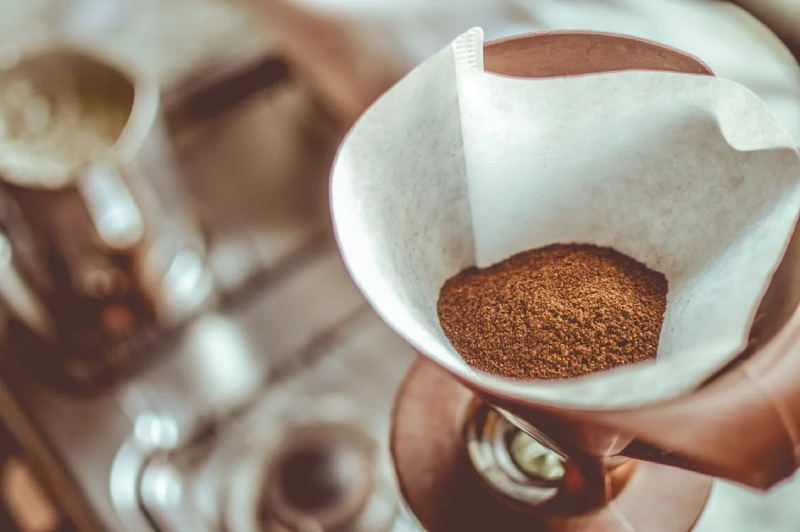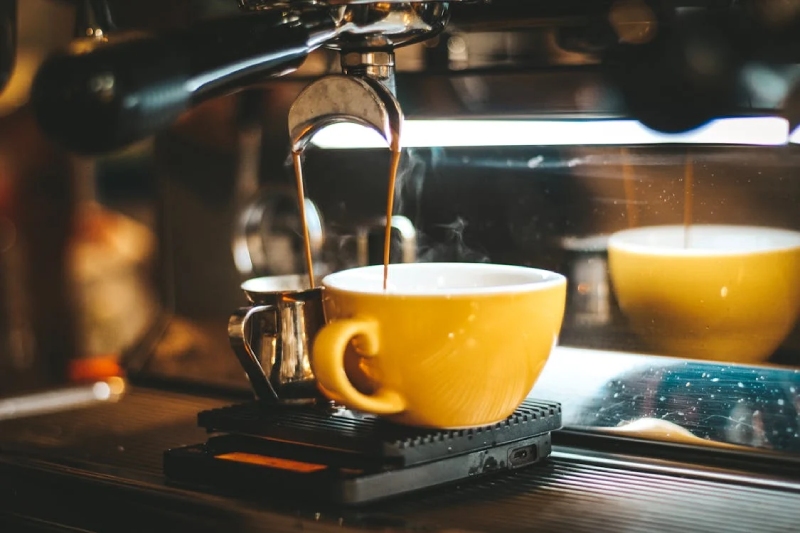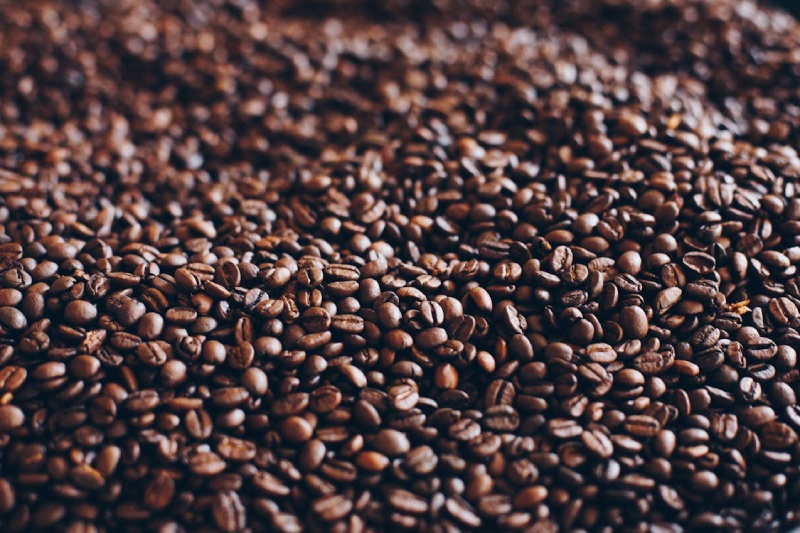Coffee lovers know the importance of a fresh cup. But once those beans are ground, their vibrant flavor starts a slow decline. Let’s delve into the science behind ground coffee degradation and how to store it for optimal freshness.
Factors Influencing Degradation
Several factors accelerate ground coffee’s decline:
- grinding increases the coffee’s surface area, exposing more aromatic compounds to air;
- oxygen reacts with these compounds, leading to flavor loss and a stale taste;
- light can also degrade coffee’s flavor compounds;
- moisture promotes the growth of mold and can lead to a musty taste.
Chemical Changes in Ground Coffee
The degradation process involves chemical reactions between oxygen and coffee’s volatile compounds. These compounds are responsible for the complex aromas and flavors we enjoy in a fresh cup. As these bonds break down, the coffee loses its characteristic essence.

Storage Methods and Their Effects
Here’s how storage methods can impact ground coffee:
- Original Packaging – resealable bags offer some protection, but for long-term storage, consider transferring coffee to a more airtight container.
- Airtight Containers – opaque, airtight containers like canisters or vacuum-sealed bags are ideal as they limit oxygen exposure.
- Refrigeration – while some recommend refrigeration, it can introduce moisture concerns. If using a fridge, store coffee in an airtight container to avoid absorbing fridge odors.
Shelf Life of Ground Coffee
Unopened
A sealed bag of ground coffee can maintain acceptable quality for 1-2 months, though peak freshness occurs within the first week.
Opened
Once opened, ground coffee’s quality degrades much faster. Expect optimal flavor for about 1 week, with a noticeable decline after that.
P.S These are general guidelines. The quality of your coffee and storage practices will influence its shelf life.

Sensory Changes Over Time
As ground coffee degrades, you’ll notice changes in taste and aroma.
Aroma
The vibrant, fresh aroma fades, replaced by a dull or flat smell.
Taste
The coffee becomes noticeably less flavorful, potentially developing a bitter or acidic aftertaste.
Conclusions
Grinding coffee unlocks its flavor potential, but it also initiates a degradation process. By understanding the factors involved and employing proper storage methods, you can extend the shelf life of your ground coffee and ensure a fresh, delicious cup for as long as possible. If you’re a casual coffee drinker, consider buying whole beans and grinding them just before brewing for the ultimate in flavor.





